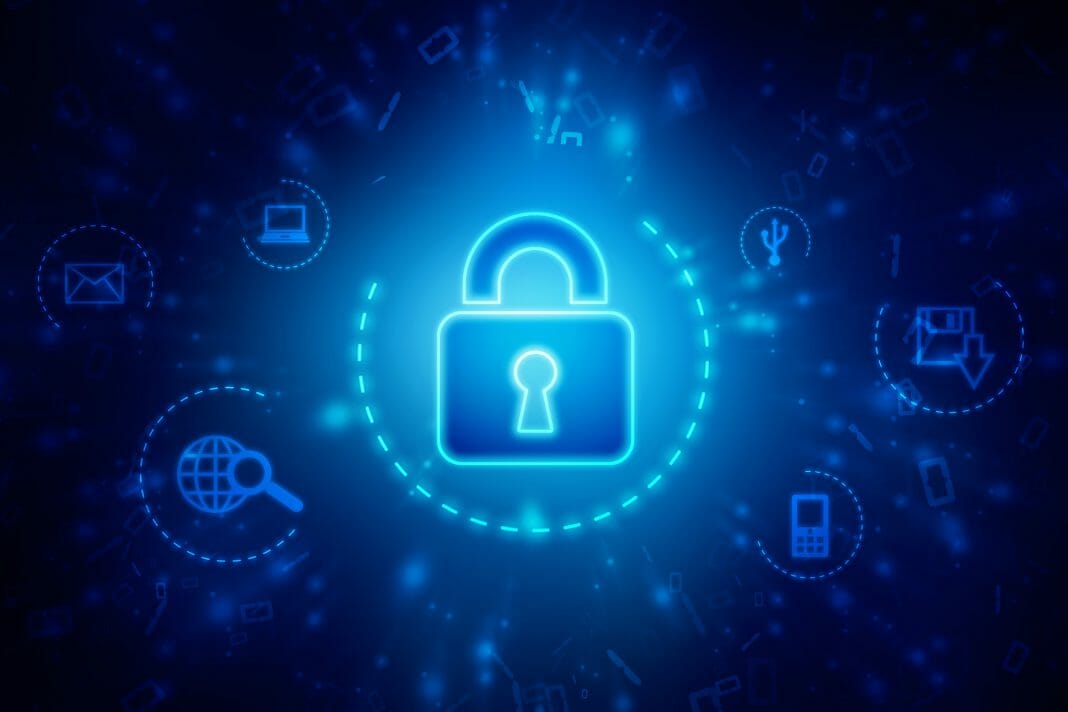The Neutron consumer chain, part of the Cosmos ecosystem, recently shared a case of ‘double signing’ by two validators.
Recent crypto news claim that the management of the ‘accidental’ double signature on the Neutron consumer chain led to a split within the Cosmos community.
According to Blockworks Research analyst David Rodríguez, this dispute could have a negative impact on the “value profile” of Replicated Security. More details are presented below.
Cryptonews for Cosmos: Potential Solutions Addressing the Complexity of Double Signing at Neutron
As anticipated, a recent controversy in the crypto space has raised eyebrows within the Cosmos ecosystem, regarding a proposal to ‘hack’ and ‘discard’ two validators via a community vote.
The Neutron consumer chain, part of the Cosmos ecosystem, recently shared a case of ‘double signing’ by two validators. Had this happened on the main Cosmos chain, it would have resulted in automatic defunding and a penalty known as ‘tombstoning’, which prevents nodes from being rejected on validation.
However, since Neutron is protected by Cosmos through the ‘Replicated Security’ mechanism, the sanctions require an ongoing community vote called Prop#818. This voting process is scheduled to conclude on August 23.
During a discussion on the 0xResearch podcast (available on Spotify and Apple), Blockworks Research analyst David Rodriguez provided some interesting insights into the ongoing debate.
Rodríguez’s Vision of the Incident and Doubts about Automated Sanctions
During a Neutron rolling upgrade, validators were required to update to the latest versions. According to Rodríguez, it seems that two validators made the mistake of ‘signing the same block twice’, that is, sending two signature messages for the same block. Obviously, this was considered a serious mistake.
In addition, Rodríguez expressed the following:
“Since it is still a very recent technology, sanctions such as cutting and permanent expulsion are not yet automated for the consumption chain. The question then arises: what would happen if the validators were accidentally cut from a consumption chain without having made a mistake?”
In this situation, the decision to cut validators or not should be made by the community within Centro Cosmos, as Rodríguez explains.
While it does not appear that any of the validators acted with “bad intent” in the double signature, some experts in the situation believe that, regardless of the intent of the act, “the code represents the law.”
“If a validator signed twice on Cosmos Hub, they would automatically be clipped and removed for permanent removal,” states Rodríguez.
Rodríguez further explains:
“Why don’t we take exactly the same approach and set exactly the same precedent for consumer chains? There are a lot of validators right now who are looking at this and saying, ‘Well, the risk reward for validating a consumer chain isn’t worth it. Validators don’t want to be penalized for inadvertently signing twice or doing anything else bad to these consumer chains.”
The Post-Cut Review and the Crypto Security Debate
Ren Yu Kong, an analyst at Blockworks Research, shares much of what Rodriguez said, suggesting that after a cut, the community could implement a review process through a veto committee, which would have the ability to ‘override’ the cut.
Rodríguez’s response is that the center has taken a trusting approach, assuming validators do not flag malicious intent. For him, it would have made more sense to take a “cut first, clean up later” approach, “If such situations had occurred in the Cosmos Hub or if a double signature had been committed by an Osmosis validator, the hack would have been applied immediately.”
By Leonardo Pérez











